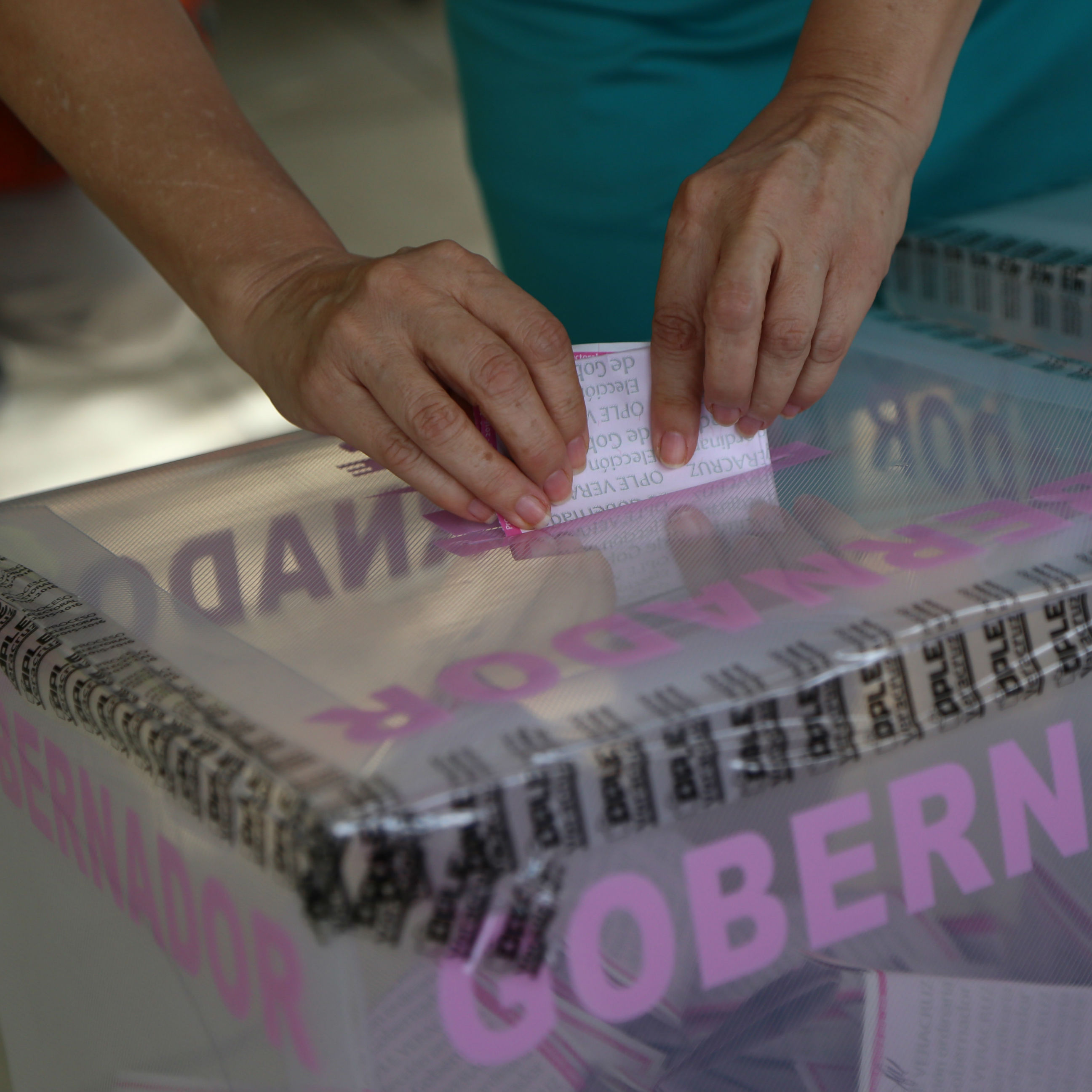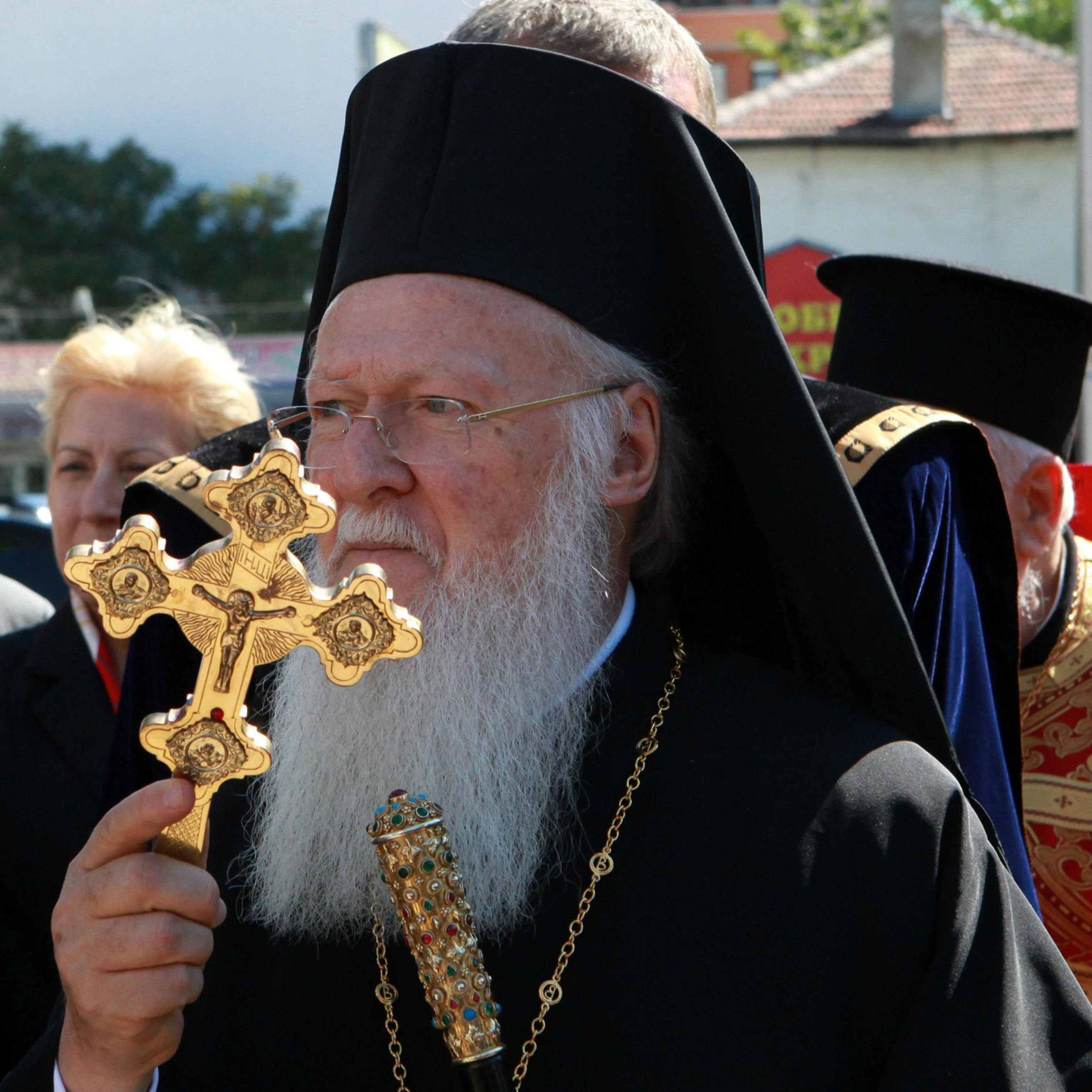The Orthodox Ecumenical Patriarch has refused to postpone a major Pan-Orthodox Council, the first incorporating all Churches for 1,200 years, despite threats of a boycott by several Orthodox hierarchies over ties with Catholics and other issues.
“Our Synod has heard with surprise and concern of the positions and opinions expressed recently by certain Orthodox sister-churches – after evaluating these, it certifies that no institutional framework allows for the revision of the process already under way,” the Istanbul-based Patriarchate said in a statement on Tuesday. “The Ecumenical Patriarchate, which bears primary responsibility for safeguarding the unity of Orthodoxy, therefore calls on everyone to rise to the occasion and participate on the pre-determined dates in sessions of this Holy and Great Council.”
Russia’s Orthodox Church tabled “urgent proposals” last weekend to salvage the Council, set to meet on 18-26 June at Kolymbari in Crete, after several national Orthodox Churches threatened to pull out, citing procedural and theological disagreements over its draft documents.
“Although time is shortening till the Council convenes, the multitude of unresolved problems raises questions as to its chances of obtaining a pan-Orthodox consensus,” the Moscow Patriarchate said. “After discussion of the Council’s draft documents by the Orthodox Churches of Georgia, Serbia, Bulgaria and Greece, as well as the Holy Community of Mount Athos, essential amendments have been made. These are largely in line with proposals by the Russian Orthodox Church, and they should now be thoroughly examined.”
The statement said unanimous votes and a “general Orthodox consensus” were needed for all Council decisions, so the absence of any one Church would present an “insurmountable obstacle”.
The Russian statement added: “A way out of the present emergency could be found by holding an extraordinary pre-Council conference to examine amendments presented by Orthodox Churches to the Council documents.”
Plans for the Council, which will debate Orthodoxy’s contemporary mission and a range of issues from marriage to fasting, as well as ties with other Christian denominations, were first laid in 1901 by Ecumenical Patriarch Joachim III, and confirmed for Crete in January by the Orthodox Synaxis, or assembly of church leaders. However, in late May, Georgia’s Orthodox Church said it would not sign the Council’s documents on marriage, mission and ecumenism unless they were substantially rewritten, while Serbia’s Orthodox bishops voiced similar reservations about the approach to other Churches.
The Orthodox Church of Greece has demanded changes “to reflect the Church’s age-old experience and tradition”, after cautioning that the Council texts had “provoked very justified concern among clergy, monks and laity”, while warnings of “schisms and divisions” have come from the 20 monasteries making up Greece’s autonomous Mount Athos.
The Patriarchate of Antioch, dating from the Apostles, has threatened to pull out because of a jurisdictional dispute with the Jerusalem Patriarchate over the Qatar Orthodox community. The Bulgarian Orthodox governing Holy Synod last week demanded the Council’s postponement, citing objections to the costs and seating plans.
Each of the 14 participating Orthodox Churches can bring 24 representatives to the Council, which is being formally organised by the Ecumenical Patriarch, Bartholomew I. However, Athens newspapers reported that at least half the bishops nominated to represent the Greek Church had refused to participate, necessitating an urgent Synod meeting. They said a leading conservative metropolitan, Seraphim Mentzelopoulos of Piraeus, had withdrawn, citing objections to the Council’s ecumenical aims, while Metropolitan Hierotheos Vlachos of Nafpaktos had objected to references to Catholics and Lutherans as “sister-churches” sharing “common baptism and participation in the same sacraments”. The Moscow Patriarchate said it had been denied the chance to “engage and co-operative in preparing the Council” by Patriarch Bartholomew.




 Loading ...
Loading ...